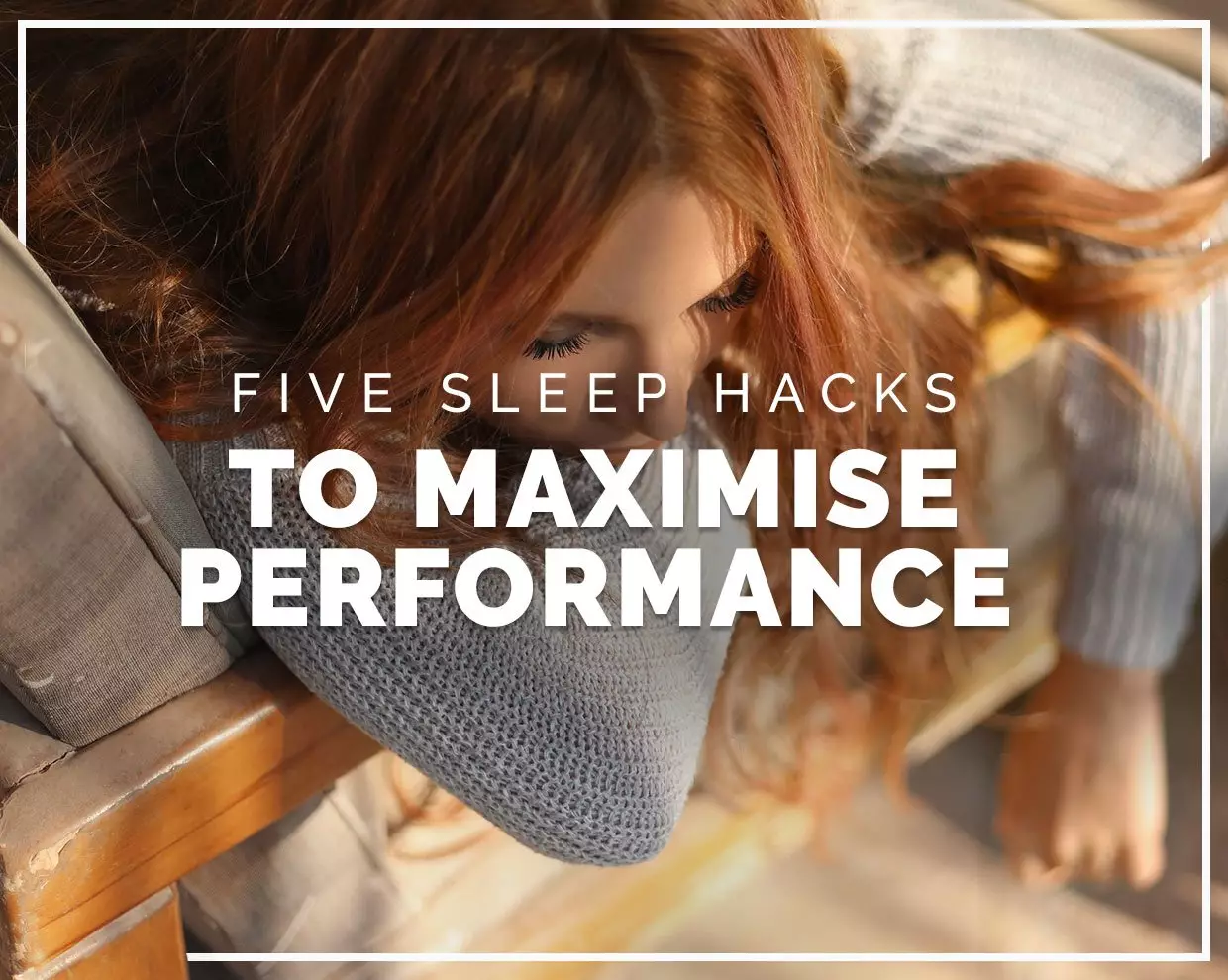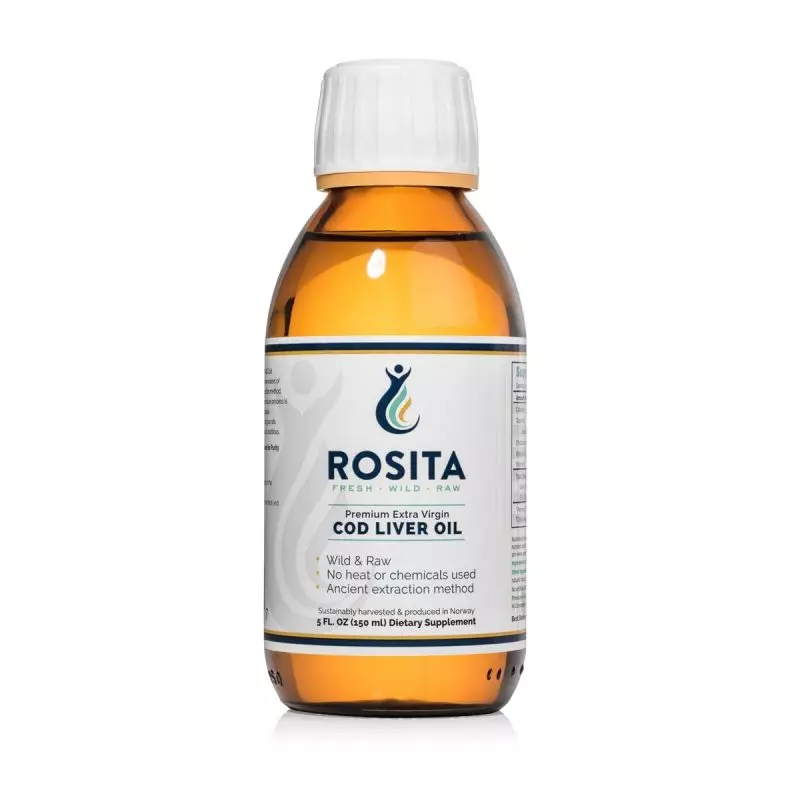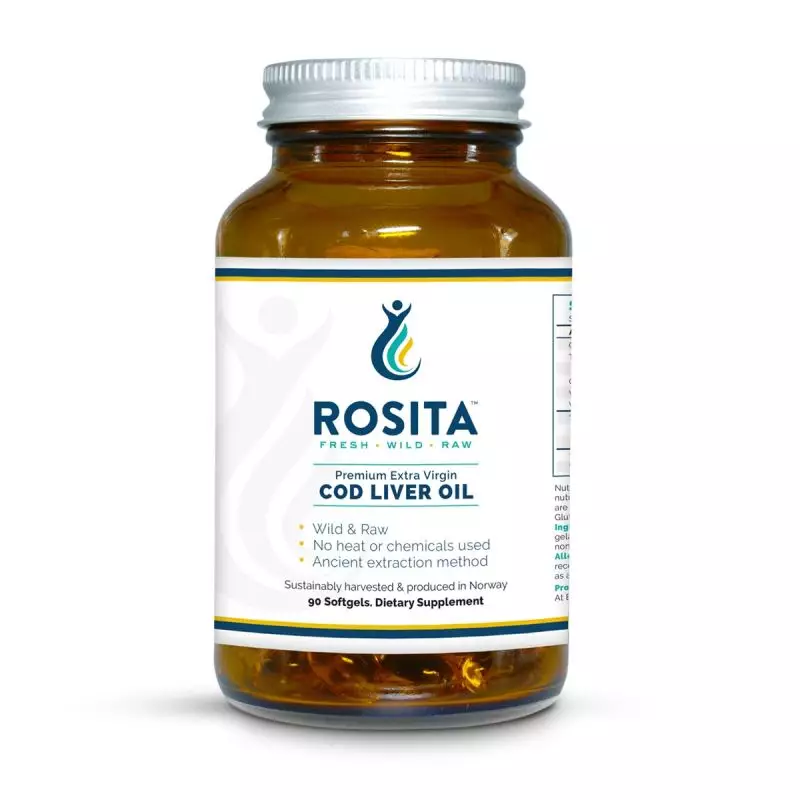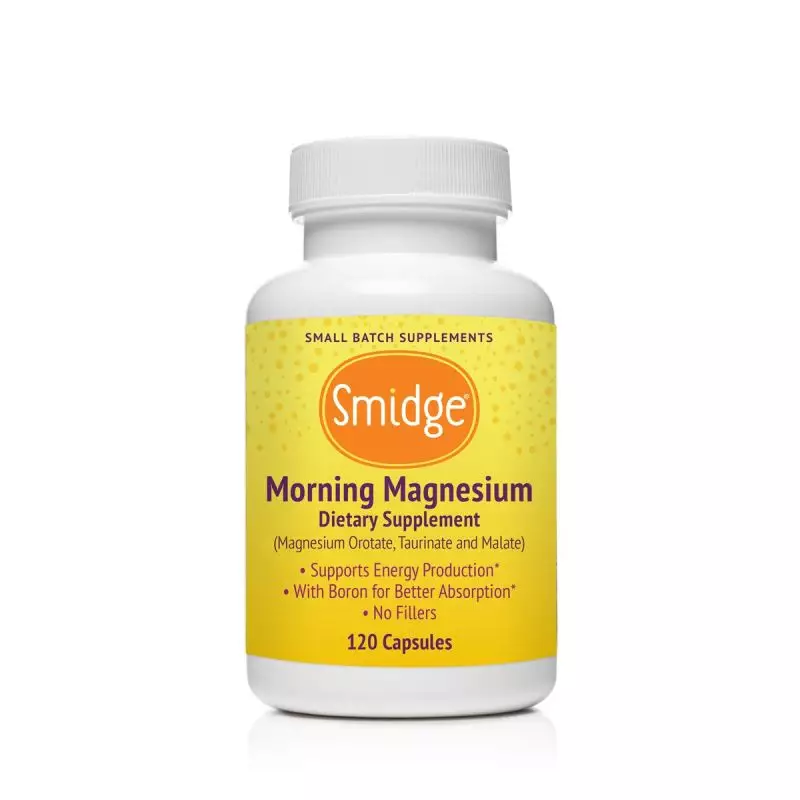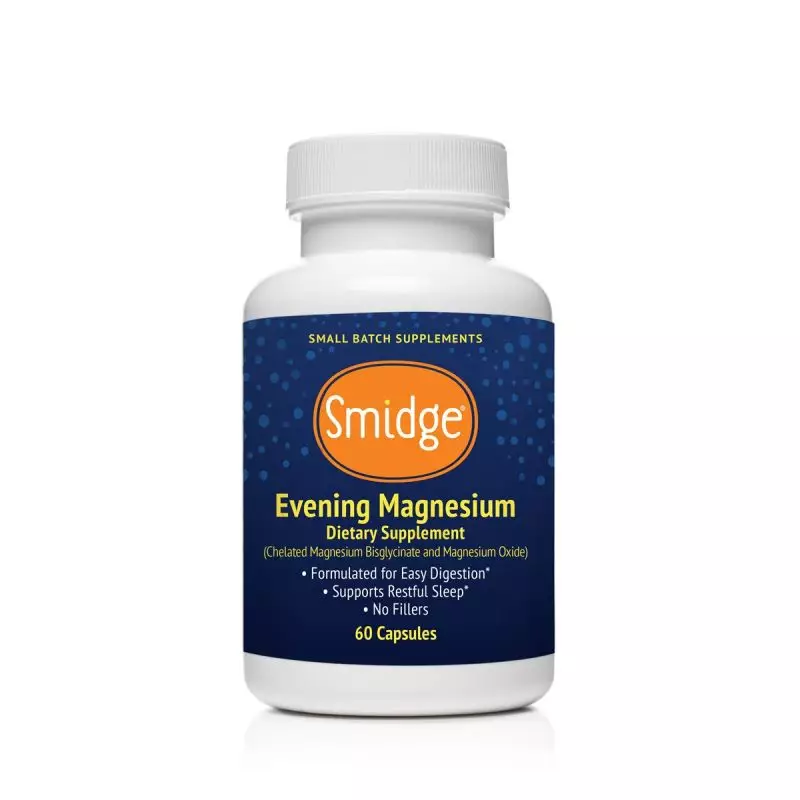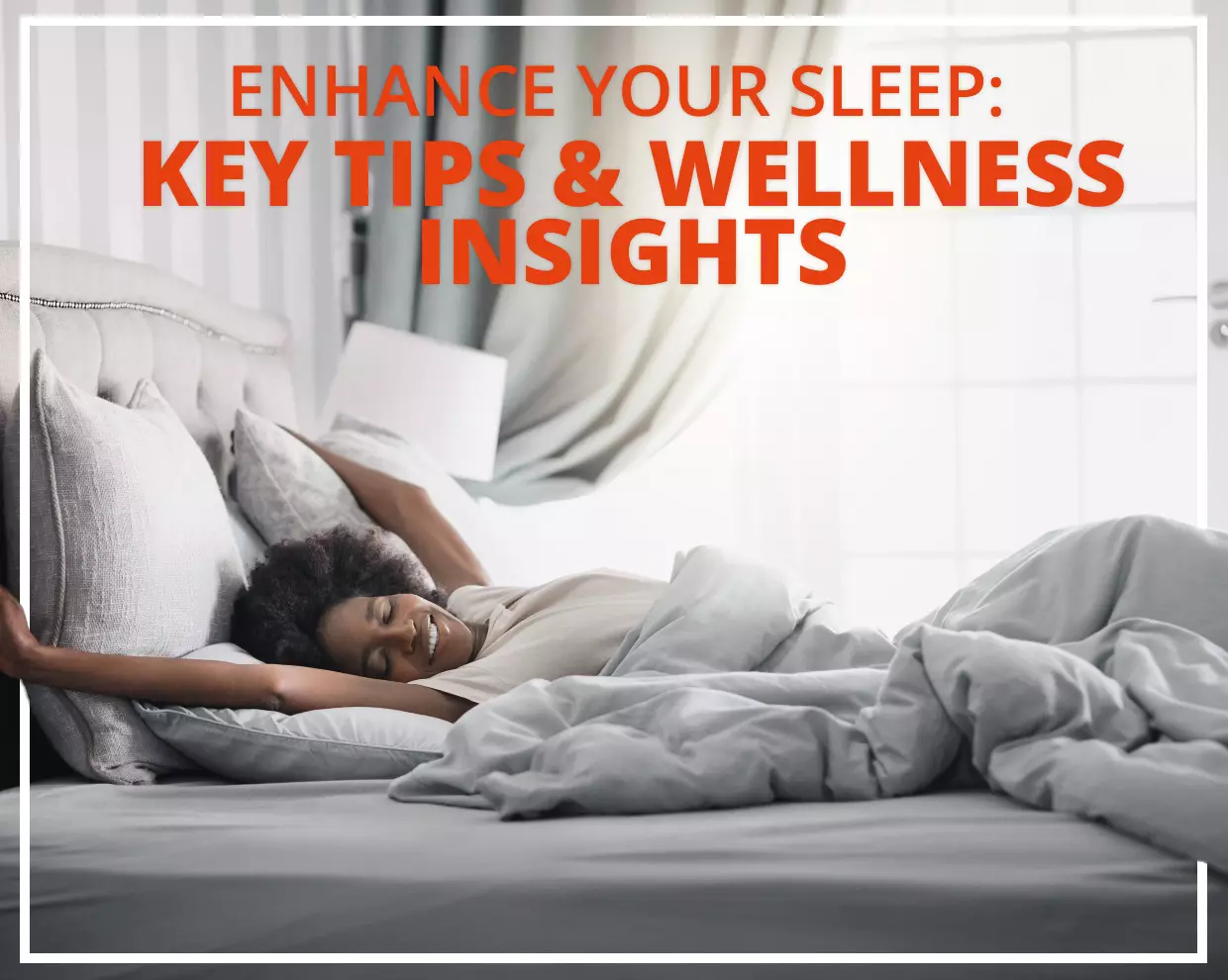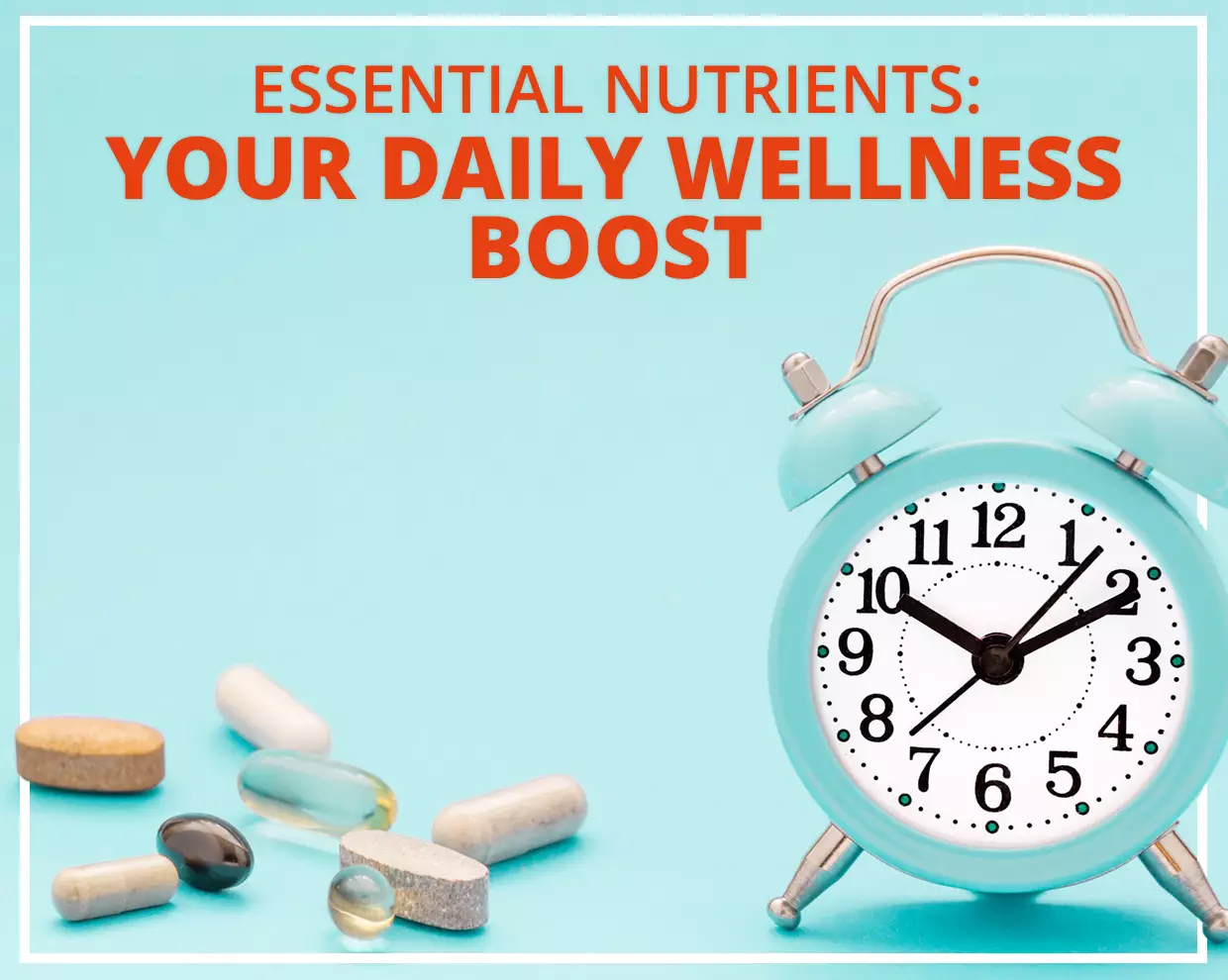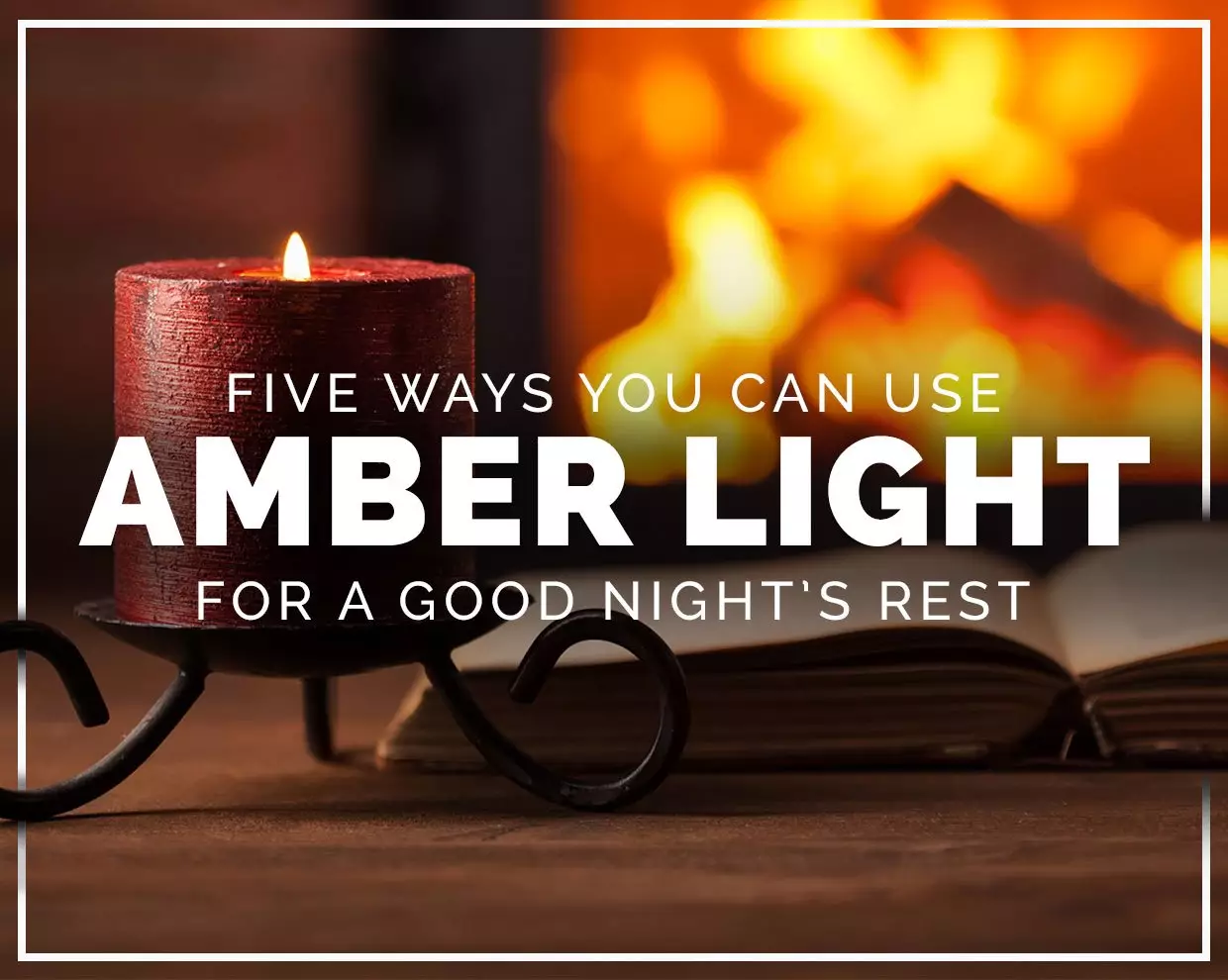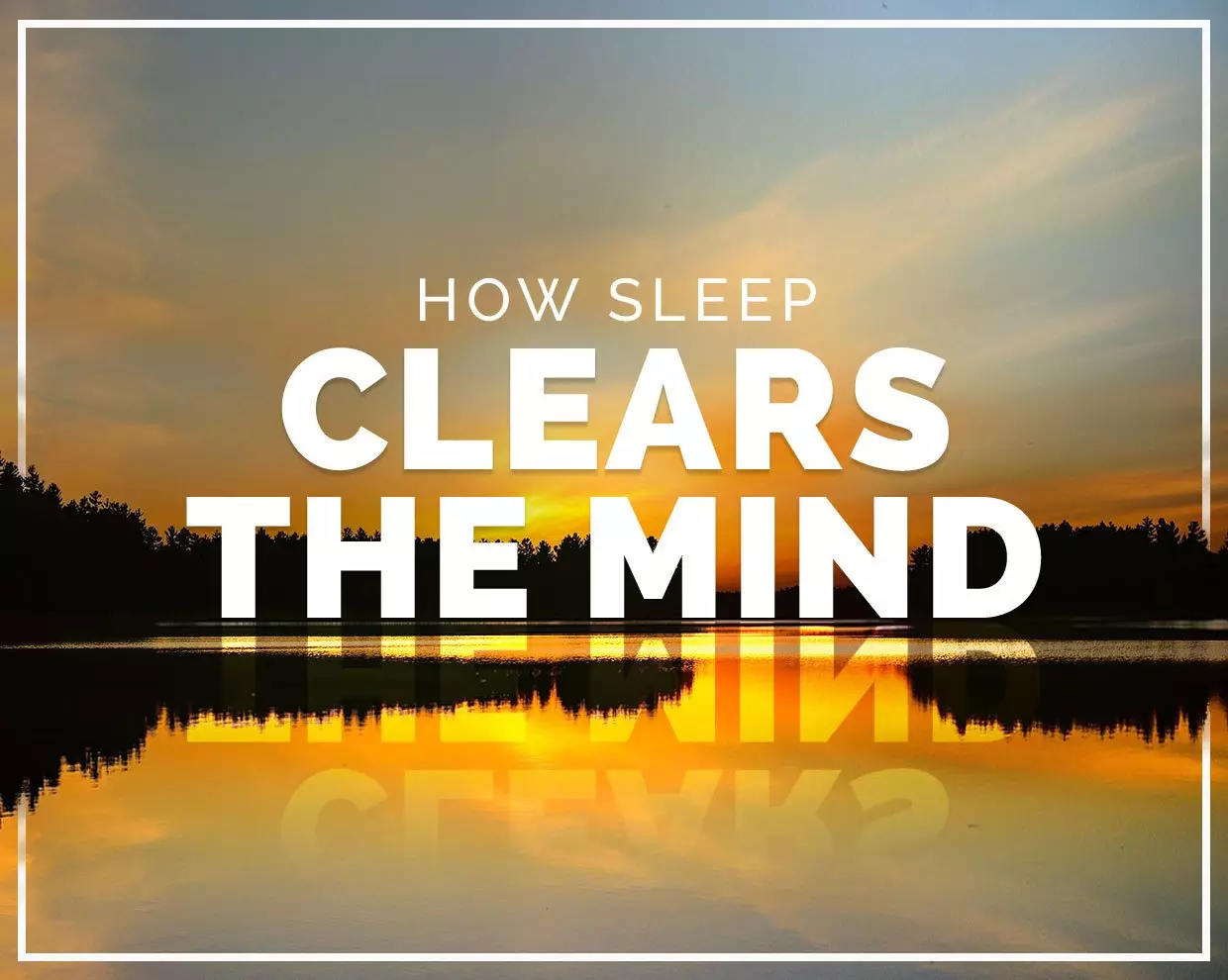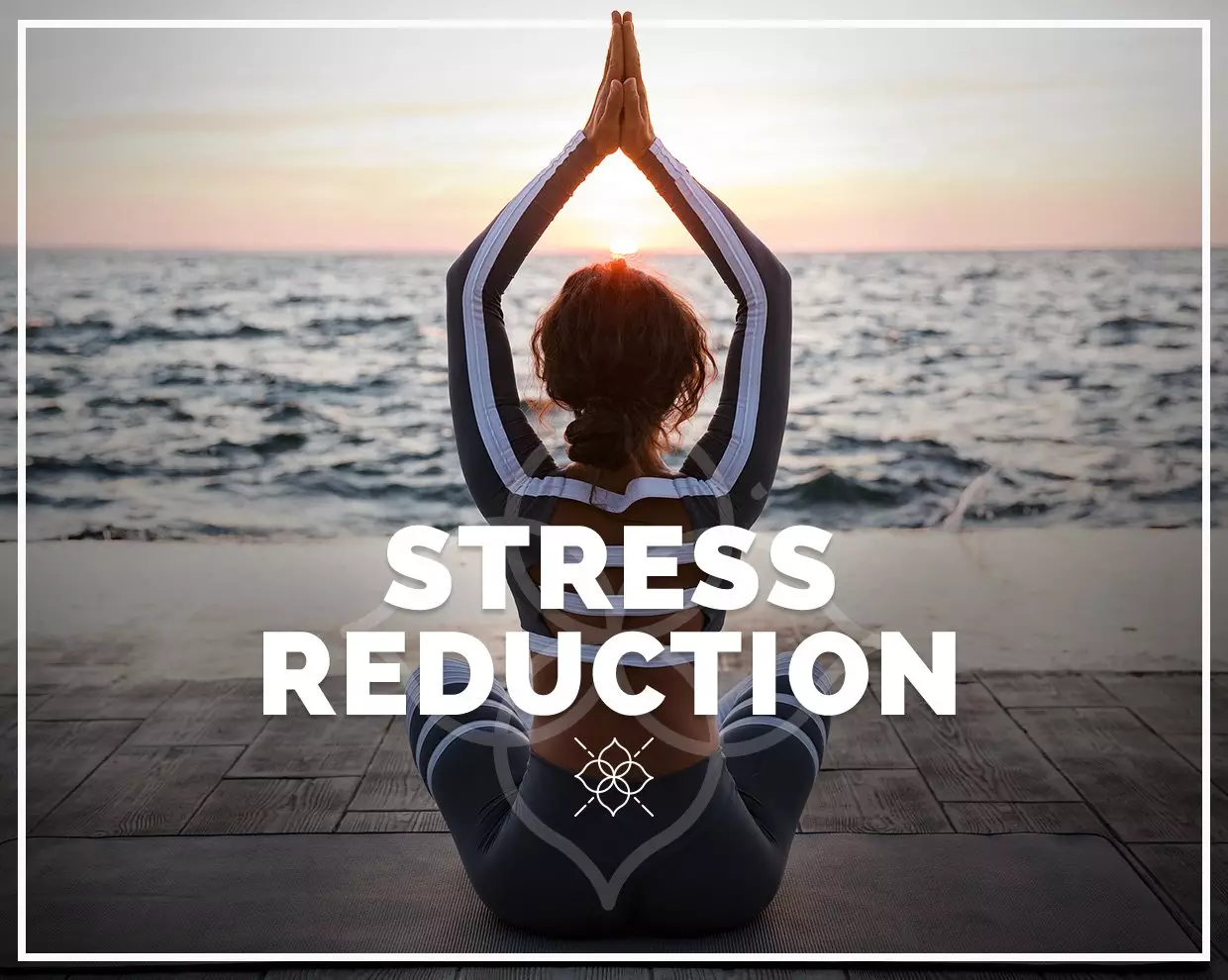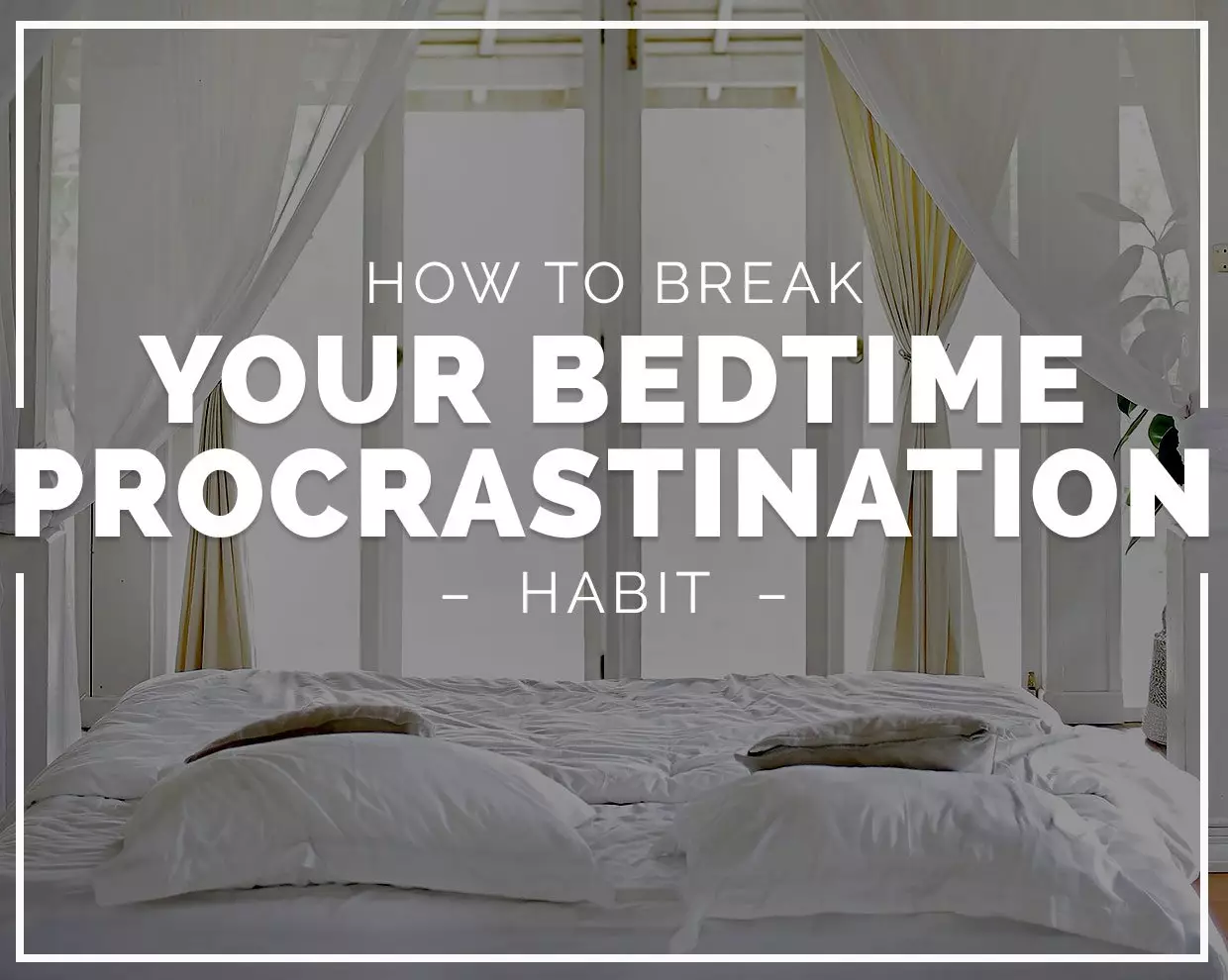“Sleep is a weapon” Jason Bourne
It’s no secret that peak performance is highly-correlated with great sleep.
Whether you want to improve memory, attention and focus, problem solving ability, immune function, organ health, energy levels or physical performance - every aspect of your health requires regular, good-quality sleep.
Unfortunately for most of us, getting quality sleep is easier said than done. This is a pretty serious problem, since insufficient sleep increases your risk of high blood pressure, heart disease, immune issues, neurological disease, and even weight gain. A recent study showed that disrupted sleep can alter your metabolism and boost the body’s ability to store fat (1).
Neuroscientist Matthew Walker, author of Why We Sleep, describes the current sleep-loss epidemic as “one of the greatest public health challenges we face in the 21st century”.
One in three people suffer from sleep debt in the long term(2). The most common sleep issues we encounter relate to:
• Stress and workload
• Bedtime procrastination
• Blue light exposure
• Sleep-related nutritional deficiencies
Prioritising your sleep is one of the best steps you can take to living a healthy, high-performance life. Try our 5 sleep hacks to help you fall asleep easily, sleep well and wake up feeling refreshed and cognitively sharp.
#1. Use amber light after sunset
It is now well-established that the harsh blue light we use on our phones and laptops suppresses melatonin secretion, which you need to fall asleep and get a good night’s rest. There are multiple studies showing that artificial light can disrupt our circadian rhythms(3)(4) which can lead to an ongoing cycle of sleep issues.
Evening use of amber lighting, which mimics candlelight or sitting around the campfire, has a positive effect on the release of melatonin in the pineal gland and is a better match for our natural sleep cycle(5). Find out the best options for using amber light in the evenings here.
#2. Manage stress and build resilience
Stress is an unavoidable part of daily life, and can interfere with any stage of your sleep. High levels of cortisol will keep you feeling alert, often with your mind racing, making it very difficult for you to relax and get a full night of restorative sleep.
Actively working to manage and reduce your stress levels will set you up for better sleep in the long term. Yoga, running, or pretty much any exercise you enjoy will reduce stress, helping to improve your sleep quality and quantity.
We are designed for daily movement, and exercise is one activity that can both exhilarate and relax you. It helps to regulate stress hormones, boosts endorphins, and increases brain-derived neurotrophic factor (BNDF) so you become more resilient in how you handle future stress.
Breathwork and a daily meditation practice also offer a good way of getting out of your head and quieting the mind, clearing the way to sleep easy through the night. Find out more science-backed stress reduction ideas here.
#3. Nutritional and supplement support for sleep
There are a number of micro and macronutrients which are associated with sleep quality. Our lab-testing service can help to identify where you may need to make a change in your diet and supplementation.
The nutrients at the top of the list in helping with sleep are magnesium, Vitamin D and Omega-3 fatty acids:
• Magnesium is an important micronutrient for sleep, energy and muscle function, and is involved in more than 300 enzymatic reactions in the body. Due to our modern food system, magnesium-deficiency is now fairly common, with monocropping and crop spraying depleting the soil of magnesium and other essential minerals.
Magnesium is therefore one supplement that almost every person should consider. We recommend Smidge® Morning Magnesium and Smidge® Evening Magnesium as these provide you with the most bioavailable forms of this important mineral. Find out more about magnesium-rich foods and magnesium supplementation here.
• Fatty fish contains Vitamin D and Omega-3 fatty acids, both of which help to regulate serotonin and aid sleep. Serotonin is an important neurotransmitter which regulates mood, appetite and sleep as well as playing a role in digestion. Long chain Omega-3 “Docosahexaenoic acid” (aka DHA) is directly linked with better sleep and has been shown in studies to reduce sleep disruption(6). Supplementing with Rosita Extra-Virgin Cod Liver Oil is a great option as this provides a natural, food-based form of essential Omega-3 fats and Vitamin D3. It is best to take cod liver oil in the morning because of the Vitamin D component.
#4. Schedule your sleep
Culturally, we give sleep a very low priority, and the ‘always-on’ mindset is one of many obstacles to improving sleep in the long term. Mapping out when and how you will wind down for the day, is one of the best sleep hacks to try if you want to improve your sleep.
Scheduling your sleep means identifying your ideal bedtime in advance, and going to bed at roughly the same time every night. Treat yourself to a generous wind down period at the end of the day, which might include reading, meditation or an evening gratitude practice. For some people a shower or bath works well, because the warming and subsequent cooling of your body temperature sends a natural sleep signal.
#5. Be aware of your own sleep procrastination challenges
Lifestyle and environmental factors are against you when it comes to sleep. This gets easier if you recognise the challenge and plan ahead.
‘Bedtime procrastination’ is a common problem, and is defined as “failing to go to bed at the intended time, while no external circumstances prevent a person from doing so”(7). There are many factors that cause people to get to bed far later than they planned, we wrote about how to break your bedtime procrastination habit here.
Try our 28-day sleep challenge!
Improving sleep quality is one of the best performance enhancers out there. Sleep allows you to perform well cognitively, to earn your workout, gives you all day energy and is essential to muscle recovery and immune function. Once you are asleep your glymphatic system actively flushes out neurotoxins including amaloid beta plaques, to help you clear your mind and optimise brain health. If you want to improve restorative sleep and wake up feeling refreshed, try implementing these 5 sleep hacks over a 28-day period and let us know how you get on!
We offer a bespoke sleep coaching service if you need further support in this important area of your health. If you are interested in exploring your personal sleep challenges, including testing melatonin and cortisol levels then please get in touch via our contact page for more information.
References
1. Poor sleep makes people pile on the pounds, study finds
2. NHS: Why lack of sleep is bad for your health
3. Effects of artificial light at night on human health: A literature review of observational and experimental studies applied to exposure assessment.
4. Exposure to dim artificial light at night increases REM sleep and awakenings in humans
5. Amber lenses to block blue light and improve sleep: a randomized trial
6. Better sleep linked with higher omega-3 levels in new study

 EU Store
EU Store  UK Store
UK Store NZ Store
NZ Store AU Store
AU Store

